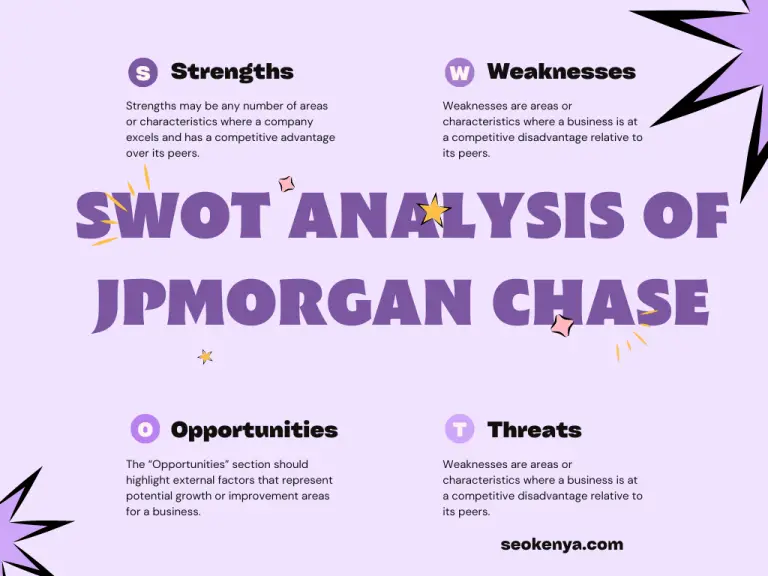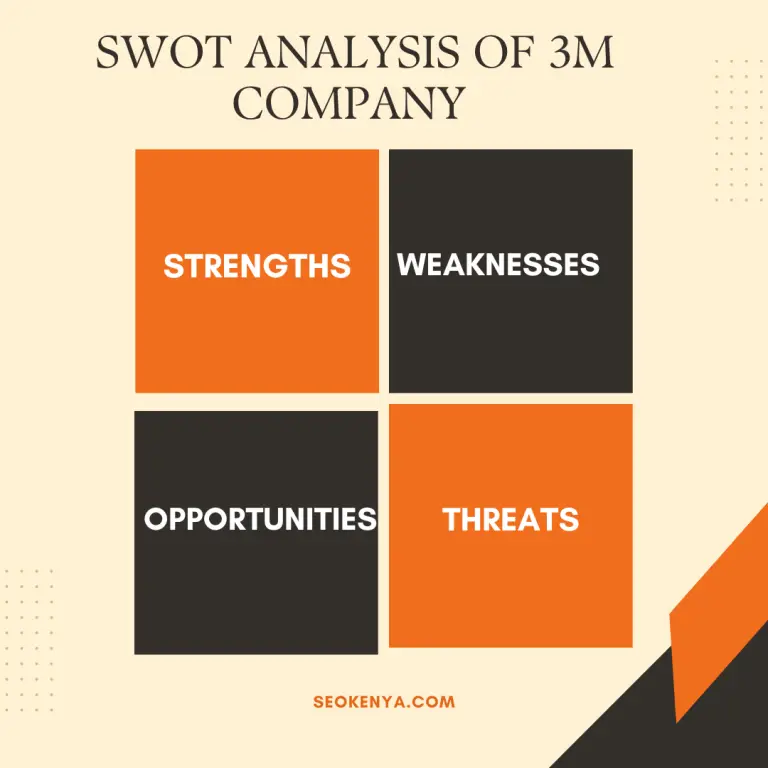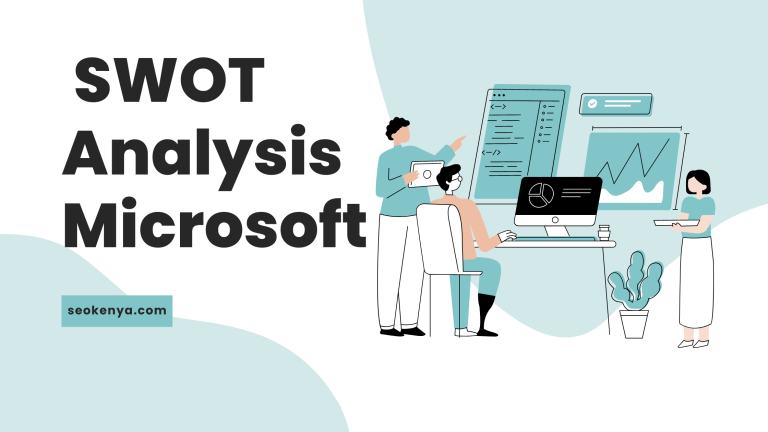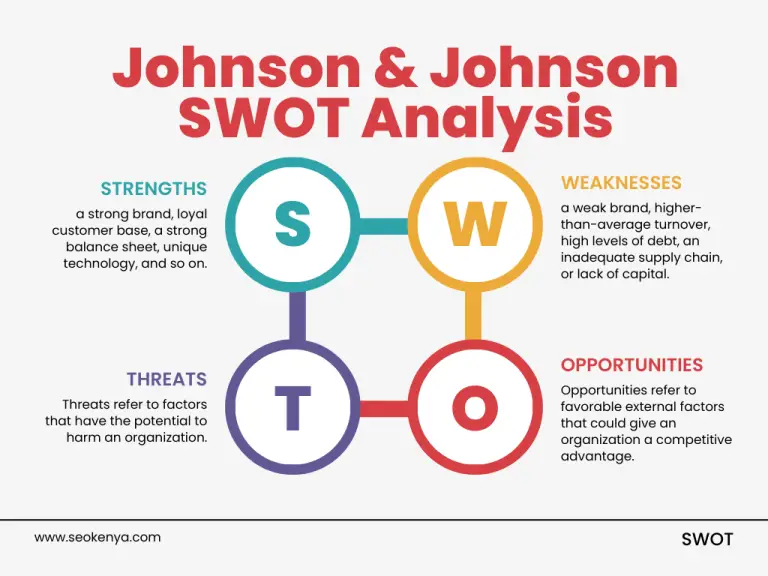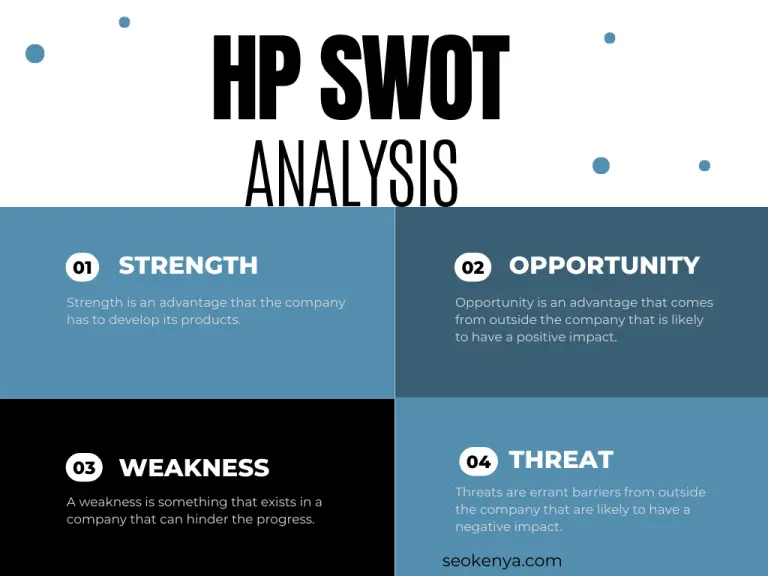Pfizer SWOT Analysis: Strengths, Weaknesses, Opportunities, and Threats
Pfizer is one of the largest pharmaceutical companies in the world, known for its innovative approach to drug development and research.
With a rich history spanning over 170 years, the company has a long track record of providing effective and safe treatments to patients around the world.
Overview of Pfizer Company
| Category | Details |
|---|---|
| Company Name | Pfizer Inc. |
| Headquarters | New York, New York, United States |
| Founded | 1849 |
| Industry | Pharmaceutical |
| Key Products | Prevnar 13, Ibrance, Eliquis, Lyrica, Enbrel, Lipitor (off-patent) |
| Revenue (2022) | $100.3 billion |
| Net Income (2022) | $31.4 billion |
| Employees | ~83,000 (as of 2022) |
| CEO | Albert Bourla (since 2019) |
| Market Capitalization | ~$290 billion (as of March 2023) |
| Key Acquisitions | Wyeth (2009), Hospira (2015), Array BioPharma (2019), Trillium Therapeutics (2021) |
| R&D Expenditure (2022) | $11.4 billion |
| Therapeutic Areas | Oncology, Inflammation & Immunology, Rare Diseases, Vaccines, Internal Medicine, Hospital Products |
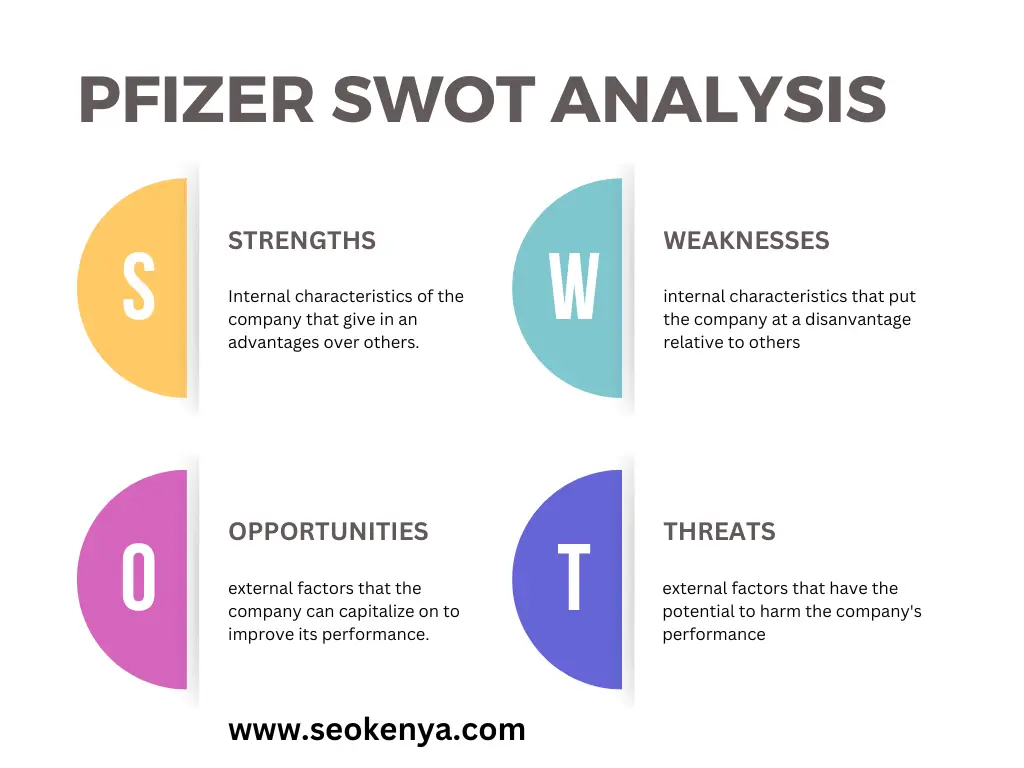
In this article, we will conduct a thorough SWOT analysis of Pfizer to identify the company’s strengths, weaknesses, opportunities, and threats.
Strengths of Pfizer
- Strong Research and Development: Pfizer invests heavily in research and development, which has resulted in numerous breakthroughs and innovative treatments. The company is constantly looking for new ways to improve existing treatments and develop new drugs to address unmet medical needs.
- Global Reach: Pfizer has a strong presence in over 160 countries worldwide, which allows the company to reach a large and diverse patient population. With operations in both developed and emerging markets, Pfizer is well-positioned to tap into the growing demand for healthcare globally.
- Diversified Portfolio: Pfizer has a diverse portfolio of products that includes prescription drugs, over-the-counter products, and vaccines. This allows the company to mitigate risks associated with dependence on a single product line.
- Strong Financials: Pfizer has a solid financial position, with strong revenue growth and consistently high operating margins. The company has also been successful in managing its debt levels and has a strong cash position.
Weaknesses of Pfizer
- Dependence on Key Products: Despite its diverse portfolio, Pfizer still has a dependence on a few key products for a significant portion of its revenue. This leaves the company vulnerable to market disruptions or changes in product popularity.
- Patent Expirations: The pharmaceutical industry is characterized by a high rate of patent expirations, which can result in a loss of revenue for companies like Pfizer. To address this, the company must continuously develop new drugs to replace those that have lost patent protection.
- Regulatory Challenges: Pfizer must navigate a complex and constantly changing regulatory environment, which can lead to delays in getting new products to market and negatively impact its bottom line.
Opportunities of Pfizer
- Emerging Markets: The demand for healthcare is expected to grow significantly in emerging markets, and Pfizer has a strong presence in many of these countries. This presents a significant opportunity for the company to expand its operations and tap into the growing demand for healthcare in these regions.
- Biopharmaceuticals: The biopharmaceutical sector is expected to grow significantly in the coming years, and Pfizer has a strong presence in this area. The company’s expertise in this field, combined with its strong R&D capabilities, positions it well to capitalize on this growth.
- Growing Demand for Healthcare: With an aging population and a growing middle class, there is a growing demand for healthcare products and services globally. Pfizer can capitalize on this opportunity by expanding its product portfolio and entering new markets.
- Personalized Medicine: The rise of personalized medicine is creating new opportunities for companies like Pfizer to develop targeted and customized treatments for patients. The company’s strong R&D capabilities, combined with its commitment to innovation, position it well to take advantage of this trend.
- Innovative Technologies: The pharmaceutical industry is constantly evolving, and new technologies are being developed to improve the delivery of healthcare products. Pfizer can capitalize on this opportunity by investing in research and development and adopting new technologies to improve its product offerings.
Threats of Pfizer
- Competition: Pfizer faces intense competition from other large pharmaceutical companies, as well as from smaller, niche players. This puts pressure on the company to continually innovate and stay ahead of the curve.
- Pricing Pressure: There is increasing pressure on pharmaceutical companies to reduce the cost of drugs, particularly in developed markets. This can negatively impact Pfizer’s bottom line and put pressure on its profitability.
- Political and Economic Uncertainty: The pharmaceutical industry is highly sensitive to political and economic events, and Pfizer is no exception. Changes in government policies or economic conditions can impact the company’s operations and financial performance.
SWOT (Strengths, Weaknesses, Opportunities, Threats) Analysis for Pfizer in a table format:
| Strengths | Weaknesses |
|---|---|
| • Large global presence with operations in over 180 countries | • High dependency on few blockbuster drugs like Prevnar, Ibrance, and Eliquis |
| • Strong research and development capabilities with a robust pipeline | • Exposure to pricing pressures and healthcare reforms |
| • Diversified portfolio of products across various therapeutic areas | • Competition from generic drugs and biosimilars |
| • Established brand reputation and strong marketing capabilities | • Lengthy and costly drug development process |
| Opportunities | Threats |
|---|---|
| • Increasing demand for innovative drugs due to rising chronic diseases | • Patent expirations and cheaper generic alternatives |
| • Growth in emerging markets with rising healthcare expenditure | • Strict regulatory environment and drug approval processes |
| • Potential for strategic acquisitions and partnerships | • Product liability lawsuits and legal challenges |
| • Expansion into new therapeutic areas and development of biosimilars | • Intense competition from other major pharmaceutical companies |
| • Political and economic instability in certain markets |
Conclusion
Pfizer is a strong player in the pharmaceutical industry, with a well-established reputation for innovation and effectiveness.
With a strong R&D program, a diversified product portfolio, and a global reach, the company is well-positioned to capitalize on growth opportunities and overcome challenges.
However, like any company, Pfizer is not immune to the effects of competition, pricing pressure, and political and economic uncertainty. It is important for the company to continue to innovate and adapt to changing market conditions to maintain its position as a leader in the industry.
